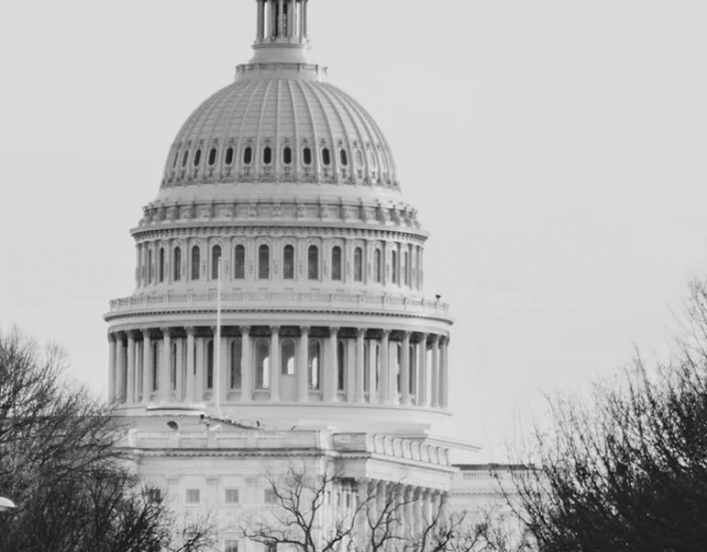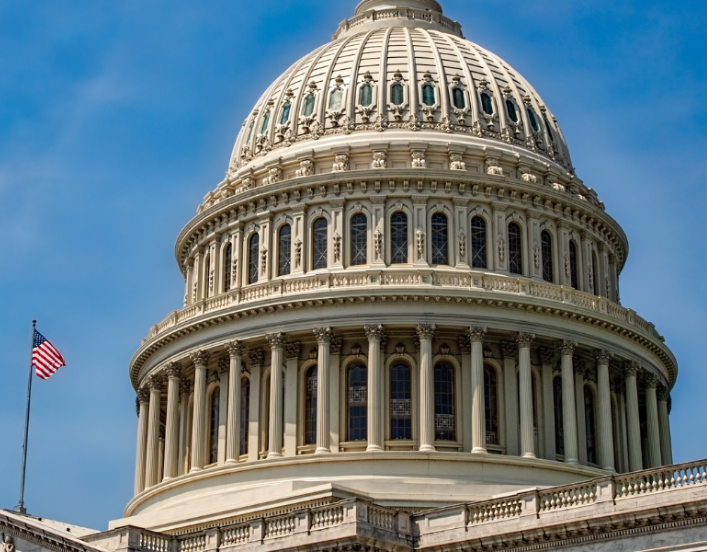With the nation facing a persistent pandemic, volatile political unrest and a fractured, fragile economy, President Joe Biden and Vice President Kamala Harris face an unprecedented array of challenges as they begin the work of their new administration.
Addressing racial justice, gender equity and education reform will be key to improving the economic security of women and their families and ultimately helping our nation recover from the current crises. On behalf of AAUW’s 170,000 members and supporters, we hope that our new leaders will take swift and bold action to implement these priorities in the Administration’s first 100 days and beyond.
COVID Relief
Women—especially women of color — account for most of the essential workers during the pandemic, working on the front lines as health-care workers, childcare providers, pharmacy employees, grocery store clerks and more. Yet women are also disproportionately suffering from our nation’s inadequate response to the COVID-19 crisis, losing more jobs and taking on family responsibility that forced many out of the labor force. So the needs of women and their families should be front and center in any future COVID response.
We applaud President Biden’s proposed $1.9 trillion dollar rescue package which, among other things, would include more direct payments to individuals, increased unemployment benefits, a $15 an hour federal minimum wage, federally mandated paid time off for workers and large subsidies for child-care costs. Many of these policy changes would specifically help women of color, who must be at the center of our recovery efforts, both from the virus and the economic crisis it has caused.
Women’s Economic Security
Job creation and economic opportunity are critical issues for women, many of whom continue to struggle with financial instability and wage discrimination. Women are overrepresented in low-wage jobs – nearly two-thirds of minimum wage workers in the United States are women and 24 percent of minimum wage workers are women of color. What’s more, women face particular challenges in the workforce, including harassment, discrimination and occupational segregation. The gender pay gap also persists: On average, women working full time still make 82 cents on the dollar as compared to men, and women of color experience even wider gaps.
Raising the federal minimum wage to $15 an hour is a critical first step, but the Administration must do more to close the gender wage gap. Among our recommendations: Require federal contractors to include salary ranges in job announcements and prohibit them from relying on job applicants’ salary history to set wages; and require employers to collect and report compensation data by race, ethnicity and gender, then make that information readily available so it can be used to adjust salaries appropriately.
Additionally, the administration can take many steps to stop workplace harassment – implementing strong policies to help federal workers and setting a good example for cultural change throughout the country. These recommendations include, enacting anti-retaliation provisions, prohibiting non-disparagement and non-disclosure agreements unless requested by the employee, banning pre-dispute mandatory arbitration, instituting strong penalties, and eliminating caps on damages awarded to workers who have experienced discrimination. AAUW will also be working with Congress to pass the Paycheck Fairness Act, and we have confidence that President Biden will sign the bill as soon as it lands on his desk.
Educational Equity
AAUW has a long history of breaking down gender barriers in education, and since our founding 140 years ago, women have made enormous progress. Yet obstacles still persist for women of color and those from low-income communities. In addition, the gender divide in STEM programs remains wide, with women still concentrated in areas of study that steer them into lower-wage jobs. What’s more, women are especially burdened by the nation’s student debt crisis: They hold nearly two-thirds of all outstanding loans—around $929 billion – crippling their educational advancement and economic security. Finally, COVID-19 has further exacerbated educational inequities in our K-12 schools and institutions of higher education, demonstrating that we need to continue working to provide safer, more inclusive, and culturally responsive institutions.
The new administration can address educational issues by instituting federal loan forgiveness programs to alleviate the burden of student debt; increasing grants and scholarship programs to make education more accessible to low-income families; providing more support to minority-serving institutions, including Historically Black Colleges and Universities; strengthening Title IX protections to ensure a safe and equitable environment for women in schools and on campuses; and funding research and championing programs that encourage women to pursue the STEM fields.
Calming the chaos that has characterized the past few years and working to move forward with an agenda that centers racial and gender equity will not be easy. But AAUW remains steadfast in its promise to use our voice and work on the local, state and federal levels to make sure that all women — especially those who have long been deprived — have the economic security they deserve.
AAUW Public Policy Priorities


